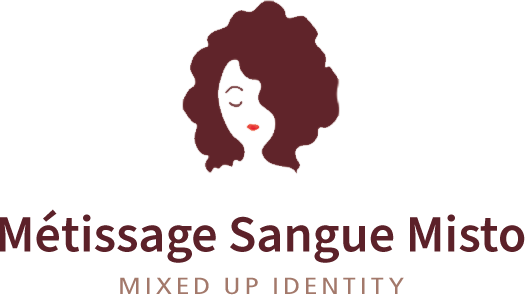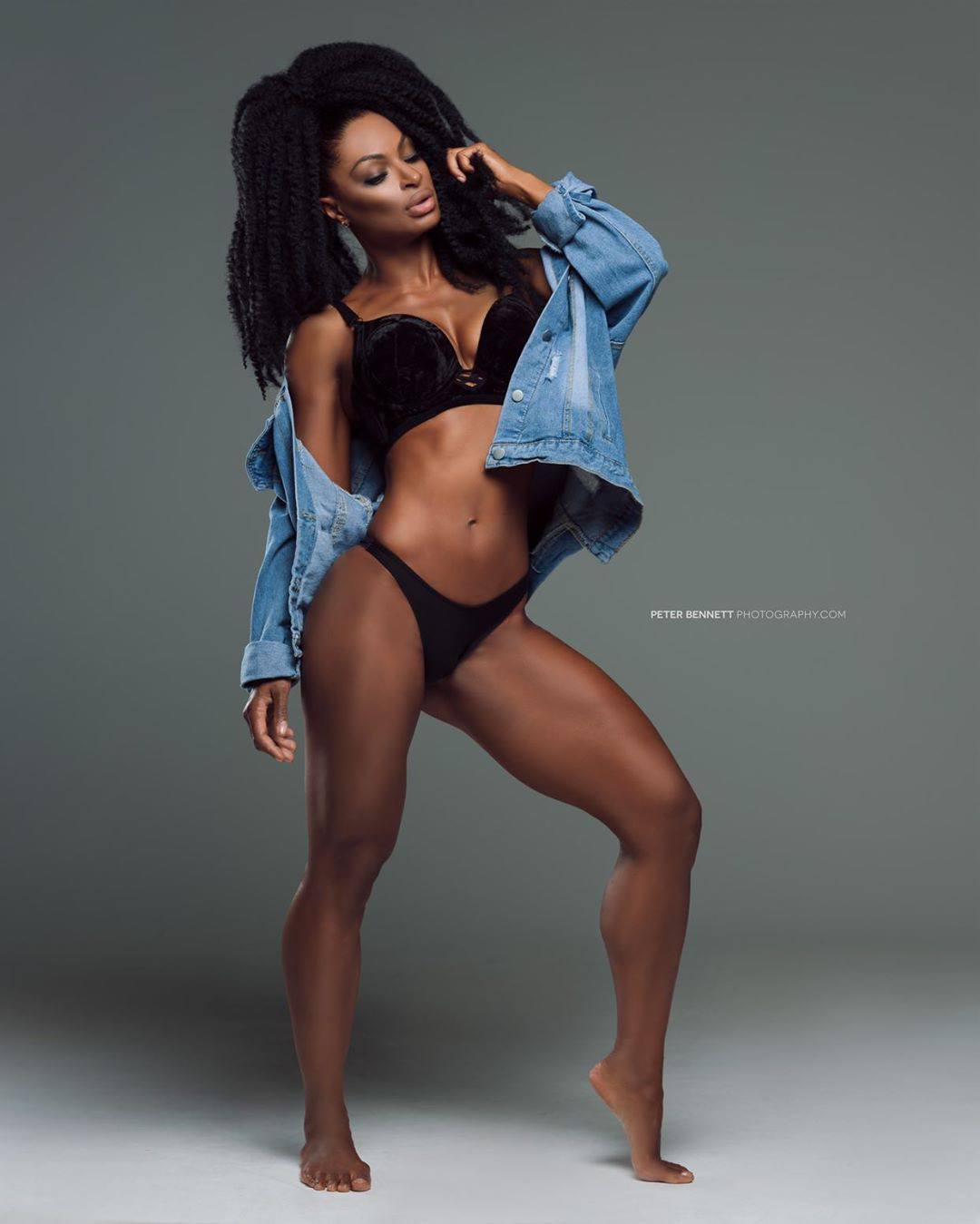
Being biracial can often mean being invisible. Our body is a battleground of two nations, constantly vying to be defining parts of our story. Being biracial can also mean being unwelcome. It can be a marker of intrusion when we set out to represent the needs and interests of black side; it can be a red flag to people who can identify us exactly how they would need to. We often find ourselves puzzling over how we’re being read.
It can be hard to talk about the complexity of visibility within a broad community of people and women of color or even within biracial and mixed race communities, where undoubtedly many folks will not identify with these experiences. It can be hard to talk about the complexity of visibility when “passing” is thrown like hisses at a dinner party, with no consideration to how it feels to “pass” — how it feels to be misidentified, mismarked, misjudged, misperceived, mislabeled, misunderstood.
In snap judgments about race, my experience is that people usually focus on whatever they perceive as most different from themselves. When Nigerian people see me and my siblings, they usually remark on how white we look. When white people see us, they often take on absurb, acrobatic leaps in conversation to let us know that they’ve picked up on our non-whiteness – even if they don’t know exactly what flavor of non-whiteness that is.
Given the opportunity, we all like talking about how we feel about our identity. If, like me, you belong to a racialised group, we become particularly animated by these opportunities because whiteness permeates so much of public life. We want to think about our varying family histories and how we embody them (or not) within our appearance and how we live our lives.
But why people are so reluctant to talk about the difficult stuff and their changeable (and sometimes negotiable) positions? Well firstly, because it is difficult. It’s difficult to come to terms with how our position in society might have been influenced by (or in some instances secured by) our proximity to both whiteness (for those with white parentage) or our proximity to another racially ambiguous – but often fetishised (and celebrated) – population. Whilst acknowledging these proximities, ‘mixed-race’ people (and particularly Black mixed-race people) must also navigate the inevitability of experiencing racism throughout their lives. It can be difficult to make sense of this lived juxtaposition… How about we do some introspection and move the conversation on?
We are continuously reminded of the plight of “mixed-race” people coming to terms with their divided identity. There should be space to discuss how mixedness is narrated and lived within families, places and institutions, but the conversation needs to broaden (just apply to our wired and great Italian/English Community Métissage Sangue Misto Lounge or just write to our mbametissage@gmail.com mail service and ask for an invitation, and you’ll get a different view of how we discuss these topics). We can talk about these complex issues whilst also addressing the privileges we are afforded which in turn are often determined by social networks but importantly, place and space. My contention is that that characteristics of place and space dictate the ways in which Black mixed-race people are able to navigate their racialised realities.

Mixed-race individuals or the mixed-race family should not be – but continues to be – positioned as an emblem of progress. These populations disrupt taken for granted notions of race, but that should not create the illusion that the only adequete way to discuss these lives is through a never ending discussion on identity. You’ve been sold a lie by white supremacy that the only way you can be authentic within public life is through discussions about your divided identity. It’s not true and it’s holding us all back from having conversations about the difficult stuff.
Overall, I understand the feeling of need to tell our own personalised story about our ‘mixed-race’ identity, but we need to be thinking a lot harder about how we communicate these issues and how they should be.
There is only one race – the human race. The idea of colour as a race is ridiculous. It is a social construct generalising attributes that go far beyond skin colour (hair, nose, even how you carry yourself & lingo). Being ‘black’ or ‘white’ is a class issue, tied up in socio-economical divisions bred by slavery. Once you really get this, a lot of confusion will dissipate. It’s not serving us. It never did. It’s shallow and inhibiting. It’s time we use more enriching words for identity. We can be a lot more knowledgeable about our neighbours and peers. If everyone were more cultured, we could move on to connecting with communities based on deeper commonalities (beliefs, interests, day-to-day culture etc.). We need to start navigating through this world enriching ourselves rather than feeling more-than or less-than, scared or whatever.
Just because we live in a racialised world doesn’t mean that race is a big part of everyone’s identity. Not everyone “feels” a racial identity. So, this is a space for us. Let’s talk.

Today I’m really happy to guest a childhood friend of mine, Mrs. Nicole Rouat. Her father, Mr. Jacques, and mine, were really good friends since the early sixties, in Nigeria. They spent a lot of time together experiencing new engineering items to build, the Biafran war and a lot of political and economic trouble in the country. My memories of Mr. Jacques was of a brave and benevolent man, with a deep french accent, rolling up and down our town city with his Trial Motorbike, always in a funny good mood, playing with us and giving us the chance to experience plucky games. I do remember when he taught me how to shoot with the bow, or when he fulfilled my curiosity about his beautiful and enviable books about Yoruba Juju and Forest tales. Nicole (and her sister Flo) were my close childhood friends. We spent a lot of time playing and chatting as kids usually do, but we were still unaware of the great luck we had to experience Egbaland adventures.
Isn’t it so, Nicole? I’m very pleased to have you as my guest here, on our Mixed Tribe living room. Thank you for accepting the challenge of sharing your mixed life experience and have a chat about what it means to be biracial. So? Let’s start with the weird question we are always asked: What/Who are you?
I am French Nigerian. My father French (from Bretagne), my mother Nigerian ( Igbo, from Delta State ).
In which enviroment did you live and which type of education did you received?
I Attended an International boarding school in Paris from the age of 8-10, then continued schooling in Abeokuta ( Nigeria), where I attended Secondary school. All my further education were in Sweden. I studied Linguistics in Lund (Sweden ). Dropped out for my creative calling for the beauty and fashion industry
I have always worked in the Beauty & Fashion industry, as I knew, from a very young age, what my passion was. I am a Hairstylist & Makeup Artist, some of my former employees are Chanel , Shiseido, Massimo Dutti, L’ Oreal, Clarins & Nike. I specialized in transformation, such as runway shows, photos shoots, theatre, tv etc). My work took me to different parts of the world. I then went into specialize in tailored wigs for cancer patients which was a rewarding experience. During that time I also worked as a model .
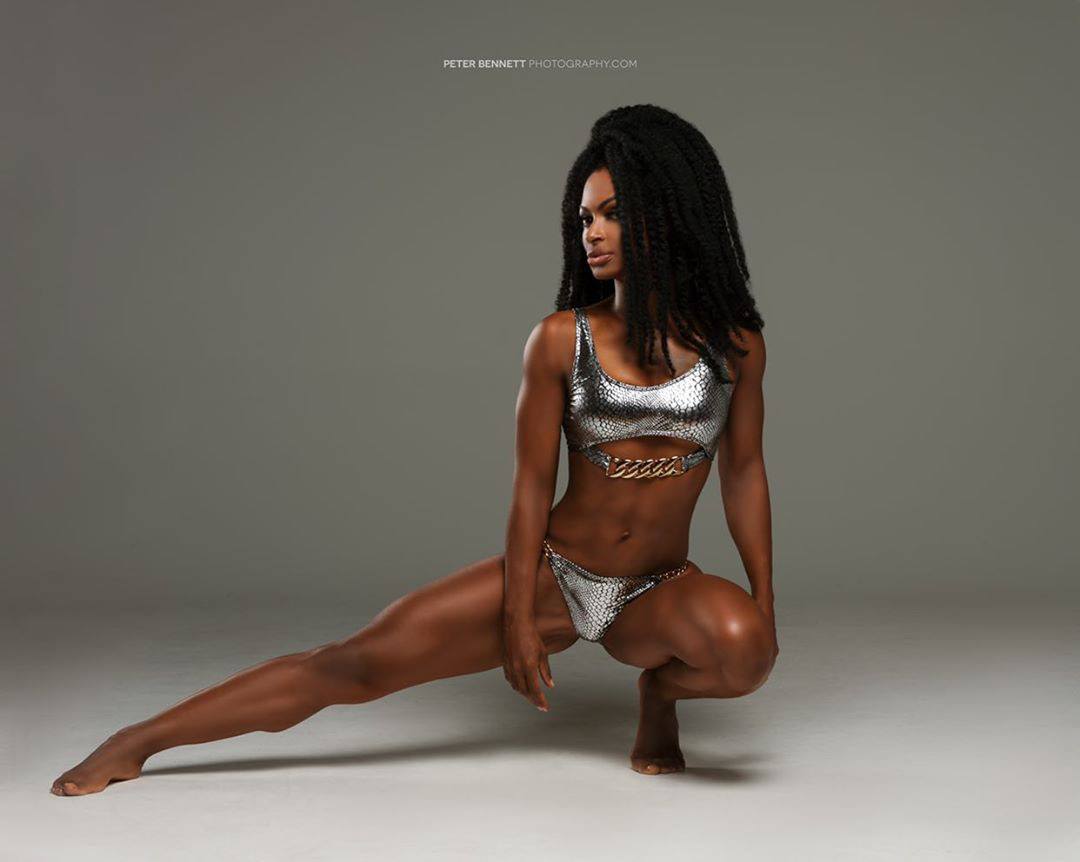
What is your first race conscious memory? When were you conscious of being biracial?
My first biracial awareness was how I was disowned by my own aunty. She was upset that my father (her brother) named his BLACK child after her. Which didn’t go down too well, they didn’t speak for over 20 years. Otherwise I was treated with love from my (French) grandparents and aunties. From my Nigerian side, I was always made aware how light my skin was and that was a positive thing. Almost like the color of my skin was the most important thing in life .
Tick the box: which of these categories do you use to define yourself? And which do you identify with? Why? ° White ° Black ° Biracial ° Mixed ° Multiracial °Naija-French°Other (what?)
At the start I identified as white because I was called “Oyinbo” “ or “Fun Fun” meaning Whitey (not a negative description) in Yoruba language, one of the main languages in Nigeria. When in France I was seen as Black. While in Sweden I was seen as something they have never seen before, someone was always trying to feel my hair and ask questions like “What are you“? Today I see myself as biracial, Afro – European, multiracial. I have a mixture of different cultures and color. I am not fully accepted in black groups or white groups, and sometimes it’s feels like I don’t fit in anywhere, to be honest, but it’s a good thing because I have l learnt that, “yes”, I am different, and fitting in will never be something that I can do.
This so enlightening, Nicole. It’s something you get aware of, over time, but experiencing it at the moment feels so frustrating. Don’t you believe there’s something we can do or, somehow, educate people about the fact that we are tangibly existing? That we are further black and white?
I believe it’s about acceptance in our own in ourselves, yes we are white and black , yes it is ok to not try and take sides or do if you want , it’s the choice we have . We are from both worlds and that what makes us “ special “. I believe we can be the link to bring both cultures closer than we we are now .
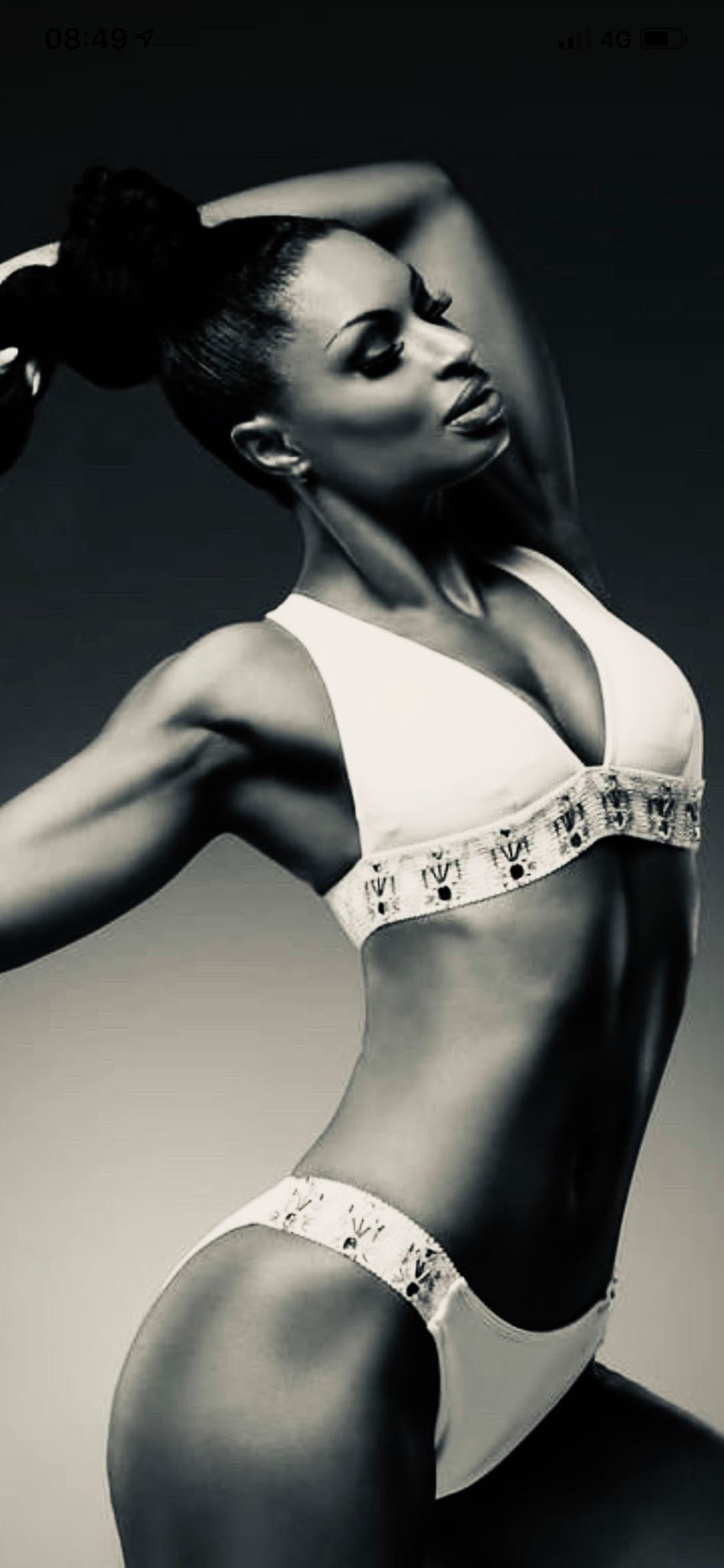
What are the benefits to being biracial? And What are the challenges to being biracial?
Oh there has been a lot of benefits being mixed when it came to jobs, for example modeling. Most of the time they wanted the “exotic” looking one. But it was tiresome at times because some people thought it was ok to just touch your hair and play the “where are from game“. Until today, NO ONE , has ever been able to win that game successfully. Another benefit of being biracial is, I have the best of both worlds.
My father once told me never try and fit in; by trying to fit in means, you might lose your true identity. Be yourself because everyone else is already taken. There are only two kinds of people in this world, good or bad .
Do you ever get people wrong to classify your origin / “race? If so, how do they usually rank you?
As I speak four languages ( English, French, Swedish and Pidgin English) fluently, with no accents, people are very confused. They always are guessing my origins are South American (but I don’t speak Spanish).
When you are not accepted, what kind of emotions do you feel? Acceptance? Anger? Rejection? Confusion? … What?
I can feel frustration when one of my races don’t accept me. It’s because many times no matter what I do, I am not white enough or black enough .
Have you ever been a victim of inter-racial or intra-racial colorism? If your answer is yes… can you tell us your own experience of one and the other? And how did you reacted?
I have been interracially abused and this happened in America, where I was having a discussion with student at a university (all African American). They did not want to accept that I did not want to choose between being black or white. Mostly they wanted me to be on the black side and disown my white heritage, and my argument was I am proud of both. It felt like I was being forced to choose between my parents and my roots from different sides of the sea. They were not accepting I was African- European. Therefore it end them calling me a sell out and I called them ignorant .
Are you ever in conflict with your cultural and racial identity? Are there circumstances in which you change how you identify racially?
I do not feel conflicted regarding my mixed culture. It was confusing at times growing up, because of feeling different and looking different as others . Now I am comfortable in my own skin.
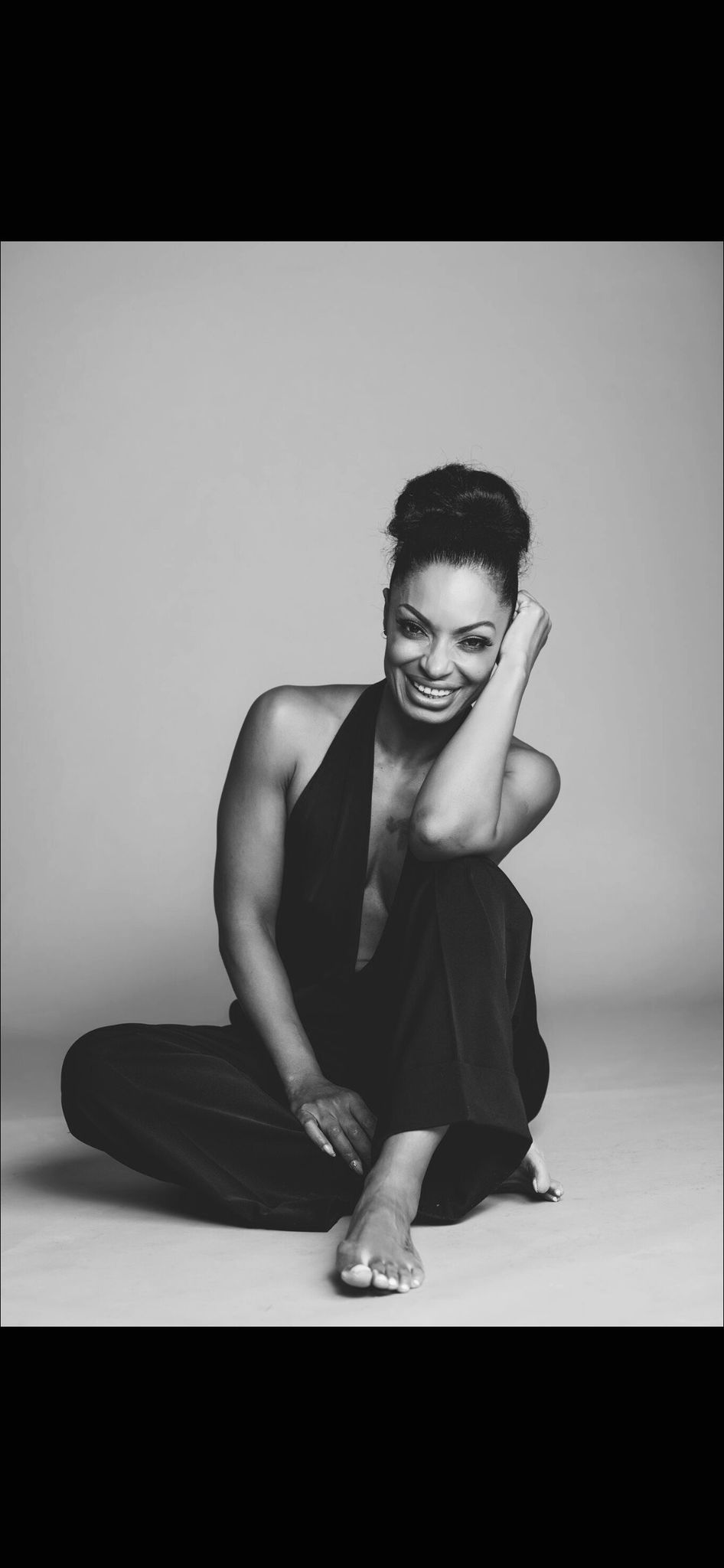
What do you think about the much discussed and mistreated “N” word, “Mulatto” and “Half Caste”? Do you believe they are so dreadful?
Using the N word for me seems to differ in some cases. While listening to many of my favourite rap artists, it’s hard to avoid the word their lyrics without taking offence. But I really can’t relate to the word. But I do react negatively when it is used for racist intentions.
Do you think you are privileged because you are biracial? Why? And do you think your racial category defines “what” are you?
I do feel I am privileged in a some ways because I do have an understanding of both my cultures and it has made me to be more understanding of other cultures than mine .
How do you react to micro-aggression in general? To questions or exits such as “can I touch your hair?”, “You look so exotic”, “you are not like other mixed”, “but you speak English with no foreign accent”……
I do not like people coming up to me and trying to touch
What message would you like to give to the new mixed generations?
Know your history and try and make a positive change for the future .
Thank you very much, Nicole, for this illuminating chat we had together. I’m so happy you took some of your time to contribute to the divulging and educational project of Métissage Sangue Misto. Blessings.
Remember to Join our illuminating Mixed People Community by appling theough our mail mbametissage@gmail.com or direclty from our link Métissage Sangue Misto Lounge.
@Wizzy, Afro Bodhisattva, Entrepreneur, Multipotentialite Wantrepreneur, Physical Anthropologist, Freelance researcher of African Studies, culture, tradition and heritage, CEO Dolomite Aggregates LTD and Founder IG MBA Métissage Boss Academy , MBA Metissage & Métissage SangueMisto.

